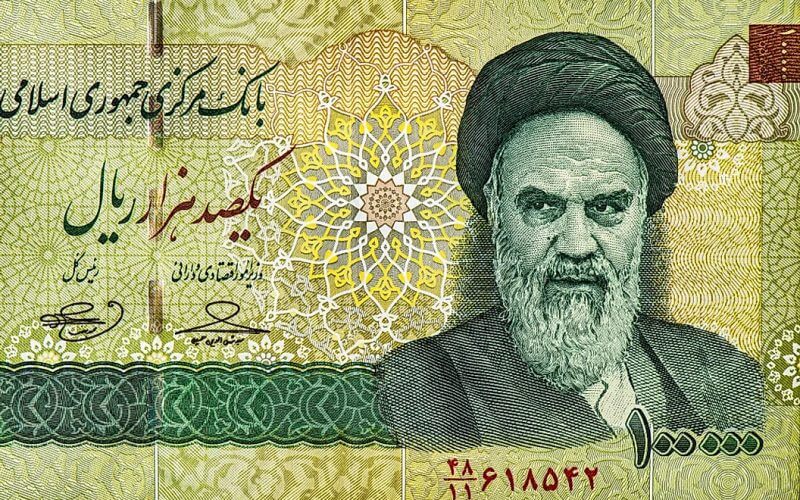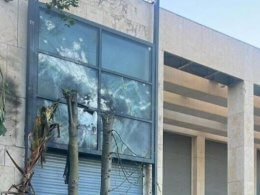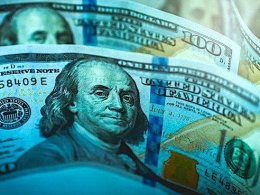A declassified United States Embassy cable obtained by RadioFreeEurope revealed that aides close to Ayatollah Ruhollah Khomeini, the founder of the Islamic Republic of Iran, secretly engaged with Washington before and after he came to power following the 1979 Islamic Revolution in Iran.
The newly declassified documents provide further evidence of the covert contact between Iranian clerics and American representatives, with one instance February 26, 1964, revealing that the Ayatollah's longtime friend and aide, Ayatollah Seyed Mohammad Sadegh Lavasani, met with two American Embassy officials at his residence in Tehran.
Lavasani was a close friend of the Ayatollah, studying together in the Iranian Shiite city of Qom, fostering relations among Iran's clerics, and standing side by side to dethrone the Shah of Iran.
According to the document, Lavasani's "position as Tehran representative of Ayatollah Khomeini contributes to his importance and influence in the Iranian clerical community, particularly in its political role."
Lavasani hinted to American officials that he oversaw the funding and donations that Khomeini obtained from the Shiite Islamic community.
The declassified document also mentioned Iran's clergy opposing the Shah of Iran's Westernized policies, including on women's rights and "the influence of Baha'is and Jews in the Imperial Court."
The document added that the Shah of Iran's policies were "in flat violation of Islamic law and are calculated to upset the divinity."
Experts familiar with the newly released documents say that the new information revealing Lavasani’s talks with American officials is embarrassing for the regime in Tehran and radical Islamists who have praised Khomeini for his anti-American stance.
Others note that the new revelations are nothing new, given that Lavasani and many other Khomeini aides had secret contact with American officials leading up to the 1979 Revolution.
Past declassified CIA documents have revealed talks between Khomeini and the administration of then-President Jimmy Carter just weeks before the Revolution, including the Ayatollah stating that he was open to talks with Washington and would not undermine American interests if he came to power.
Before the Revolution, Khomeini and his aides reached out to President John F. Kennedy in 1963 to praise the then-President about his criticisms of the Shah of Iran. In more recent years, declassified reports revealed that the US representatives met with Iranian government officials after the Revolution, including Ayatollah Mohammad Beheshti, former Foreign Minister Ebrahim Yazdi, and Iran's first prime minister after the revolution, Mehdi Bazargan.
Those documents also revealed that Khomeini and some of his aides lied to American officials, telling his supporters and aides that it was permissible to lie to further the Islamic Revolution and topple the US-backed monarchy.
Since the Revolution, the clerical establishment in Iran has ruled the country for 44 years, enacting Sharia law against women and minorities in Iran while exporting the Ayatollah's Islamic teachings throughout the Middle East and the world through radical Islamic terrorism.
At the time of the Revolution, many in the Carter administration thought Khomeini's revolution would usher in a new democratic Iran and maintain American interests.
However, that promise quickly faded as in November of 1979, Islamic students, with the blessing of the Ayatollah, stormed the grounds of the US Embassy in Tehran, taking hostage 52 American citizens and diplomats for 444 days.










